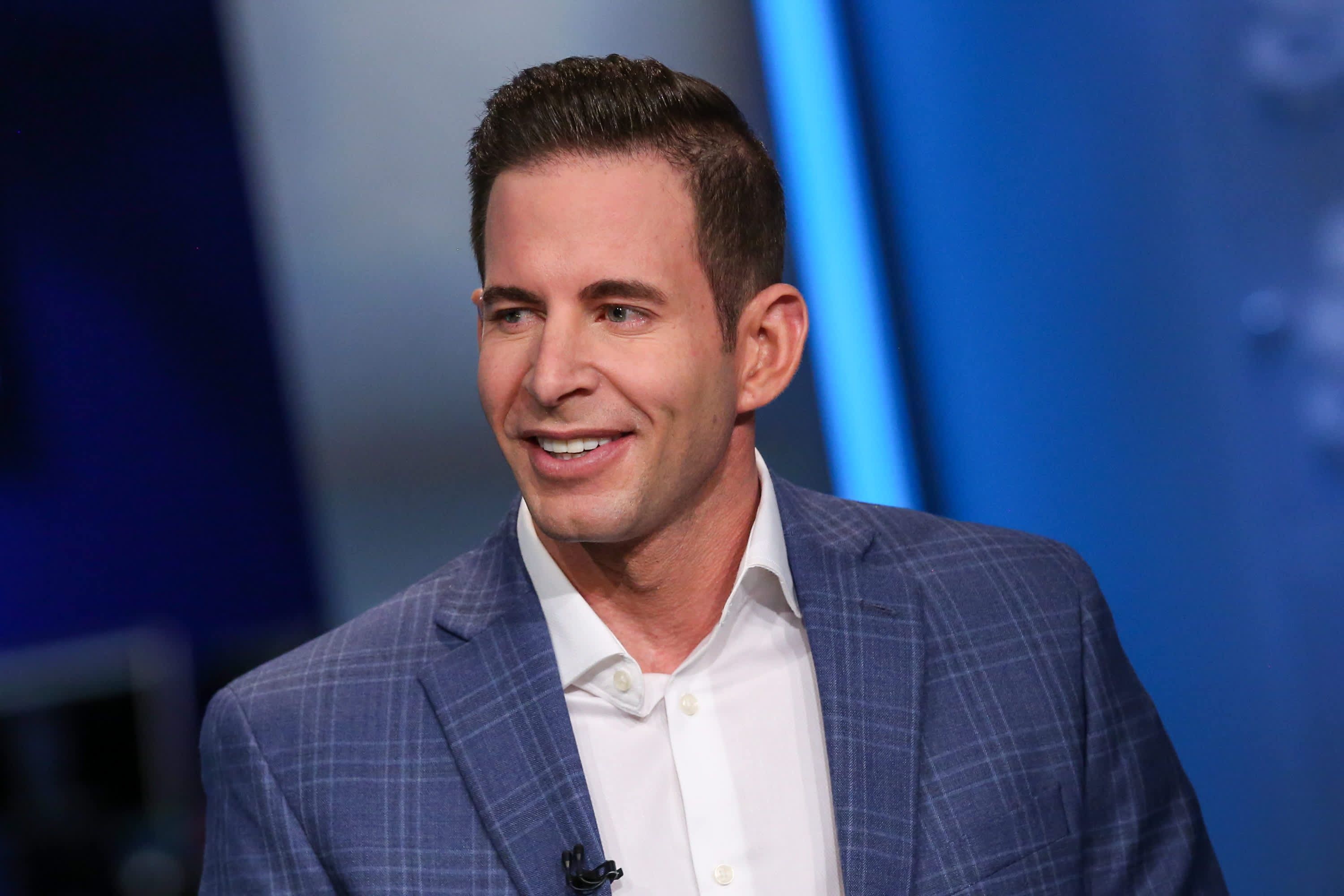In early 2010, inspired by the profits of other developers, Tarek El Moussa decided to try his luck at flipping houses. He and his ex-wife Christina Anstead purchased their first house, in Santa Ana, California, for $115,000, poured $15,000 into renovations and sold it for $169,000.
Their profit: $34,000 — and the hit reality show “Flip or Flop,” which contracted the couple to flip 13 houses in 10 months. (El Moussa had videotaped his first project from start to finish and sent it to production companies hoping to land a reality show; within a year HGTV signed the couple for a pilot episode.)
After eight seasons, the “Flip or Flop” star has bought and resold hundreds of homes and made millions, along with plenty of mistakes, he admits. Now, in a new, original series called “Flipping 101 w/Tarek El Moussa,” the real estate investor will share his insights to help would-be home flippers succeed in the competitive business of buying fixer-uppers and renovating them for profit.
Some insight from the ‘Flip or Flop’ star
Although flipping houses can be one of the most lucrative ways to build wealth, there can be pitfalls. Tarek says he understood the real estate market but admitted that he wasn’t well versed in flipping. He figured that with hard work and a bit of luck, he would figure it out.
Here are a few pearls of wisdom El Moussa shared with CNBC.
Gauge the inventory. The best time to flip houses is when there is a low supply of houses available on the market, says Tarek. It is in these conditions that houses tend to sell the quickest.
Price it right. One of the trickiest parts to flipping a house can be picking the right price to resell the house. El Moussa says that pricing comes down to logic: “It’s just logic. You have to compare apples to apples.”
Learn to evolve with the market. Tarek says that over the last decade, he has had to reinvent the way he does business. He admits that the house-flipping landscape has drastically changed since he began flipping houses nearly a decade ago. In an interview with CNBC’s “Power Lunch,” El Moussa attributed lower profits to increased construction costs brought on by a current trade war. There is also more competition with more people entering the house-flipping market, while homeowners are taking their homes off the market.
Don’t be afraid to take risks. Tarek is not shy and will flip a house in any market. “Flipping houses is flipping houses; there are deals in every city across this nation.” He typically buys homes in off-market deals — homes that are not listed on the open market — before reselling them.
Despite the challenges that many first-time flippers face, El Moussa believes that house flipping can be lucrative in may ways. “You can refinance that asset, you can borrow against that asset, [and with the profits] you can buy more assets,” he said.

